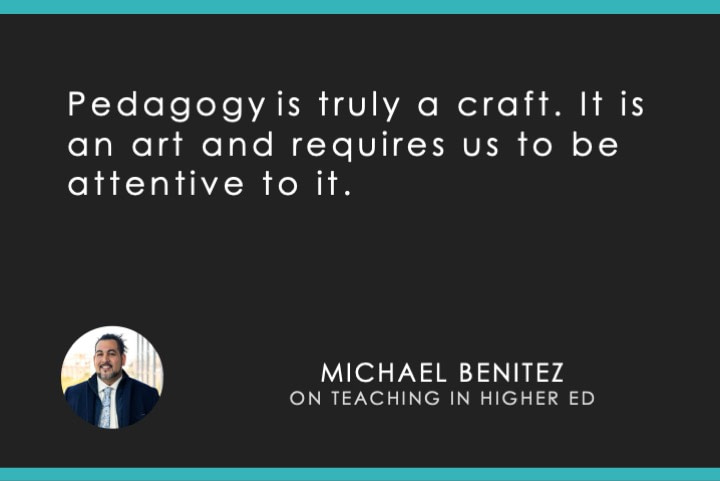Episode: The postdoc career journeys that date back to kindergarten
Pub date: 2020-12-17

Many postdoctoral researchers can trace their career journey back to childhood experiences. In Pearl Ryder’s case it was spending lots of time outdoors in the rural area where she grew up, combined with the experience of having a sibling who experienced poor health.
Ryder, a postdoctoral fellow at the Broad Institute of MIT and Harvard in Boston, Massachusetts, and founder of the Future PI Slack group, says: “It made me realize how important health is, and that there’s so little that we understand about the world.”
But is science, like some other professions a calling? Yes, says Christopher Hayter, who specializes in entrepreneurship, technology policy, higher education and science at Arizona State University in Phoenix. “There are professions that are a little bit different from your day-to-day job, something people gravitate towards, something bigger than themselves,” he says.
“It is often referred to as a calling. I think we could say that about a lot of scientists. It’s how they define themselves: ‘I’m a scientist.’ ‘I’m going to cure cancer.’ ‘I’m going to discover the next planet.’ When students transition from doctoral students to postdoc they are really doubling down on that identity.”
Michael Moore, a postdoctoral researcher at the University of California, Davis, adds: “Being a scientist is overcoming a series of hurdles, and you need to see yourself as a scientist to get that internal motivation to keep going. You have to publish so much, get so many grants, teach so many courses. Having that identity and that motivation is really key to moving forward.”
Gould’s guests discuss how to maintain that motivation despite the setbacks, and how a scientist’s professional identity and career path is underpinned by the networks, mentors and transferable skills acquired during a postdoc.
See acast.com/privacy for privacy and opt-out information.
The podcast and artwork embedded on this page are from Nature Careers, which is the property of its owner and not affiliated with or endorsed by Listen Notes, Inc.








